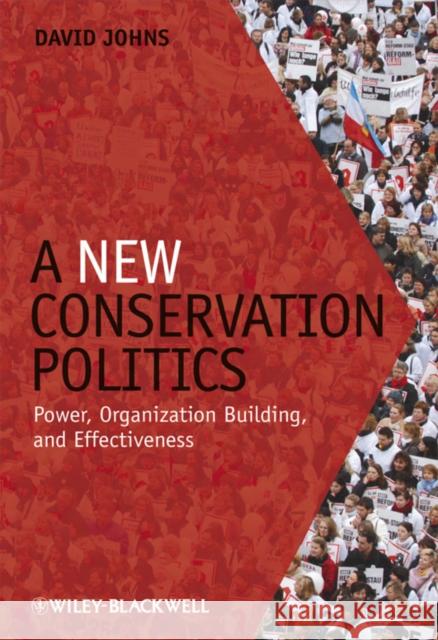A New Conservation Politics: Power, Organization Building and Effectiveness » książka
A New Conservation Politics: Power, Organization Building and Effectiveness
ISBN-13: 9781405190145 / Angielski / Miękka / 2009 / 408 str.
Despite many successes in the field of conservation, species extinction rates continue to climb and wild areas and habitats continue to be lost. Many look to more (or better) biology and ecology to solve the problem but the obstacles are not just scientific but political. To stop the 6th great extinction the conservation movement must become much stronger, more tenacious, and more effective. By learning from its own history and especially from the movements that abolished slavery, brought down apartheid, changed gender relations, and expanded democratic rights, conservationists can become more successful.
This book brings together in one place and in a highly usable format the lessons of those movements culled from practitioners and academic analysts. -Protecting Earth's rich web of life, and our only known living companions in the universe, depends upon people caring enough to act. This book shows conservationists how to evoke the caring and action necessary to change policy and ultimately society.- Paul R Ehrlich, Bing Professor of Population Studies, Stanford University and author of The Dominant Animal Human Evolution and the Environment -This timely book by David Johns explains why facts alone don't motivate and mobilize people to care for the natural world. Even better, Johns spells out what will work, based on a frank and informed assessment of human nature applied to social and political movements. If you would rather see change than be right, this readable and authoritative guide should be your bible.- Michael Soule, Professor Emeritus, Environmental Studies, University of California, Santa Cruz -For me, this is a truly fascinating book. I spend much of my time writing--trying to write the stories we need to tell--and the rest of it helping run national and global mobilizations on climate change (Step It Up and now 350.org). I think David Johns has done a tremendous job of linking together insights about useful rhetoric and very practical notions about organizing. If you're trying to save a river, a forest, or a planet you need to read this book.- Bill McKibben, Scholar-in-Residence, Middlebury College











